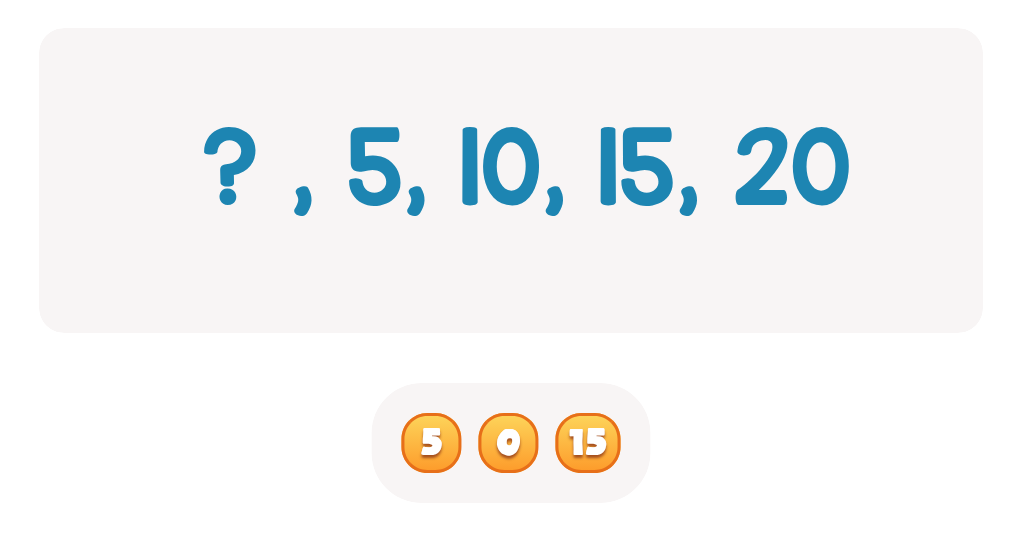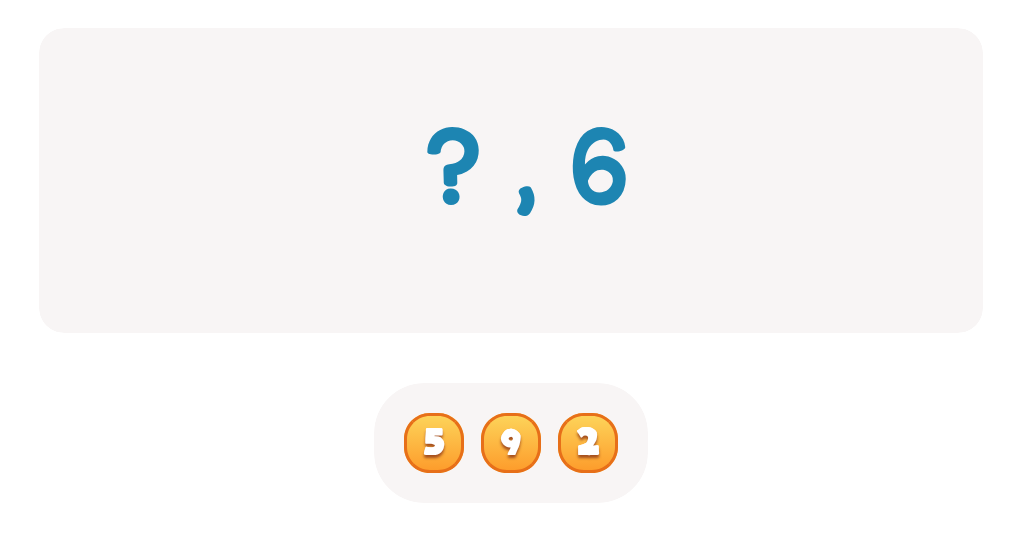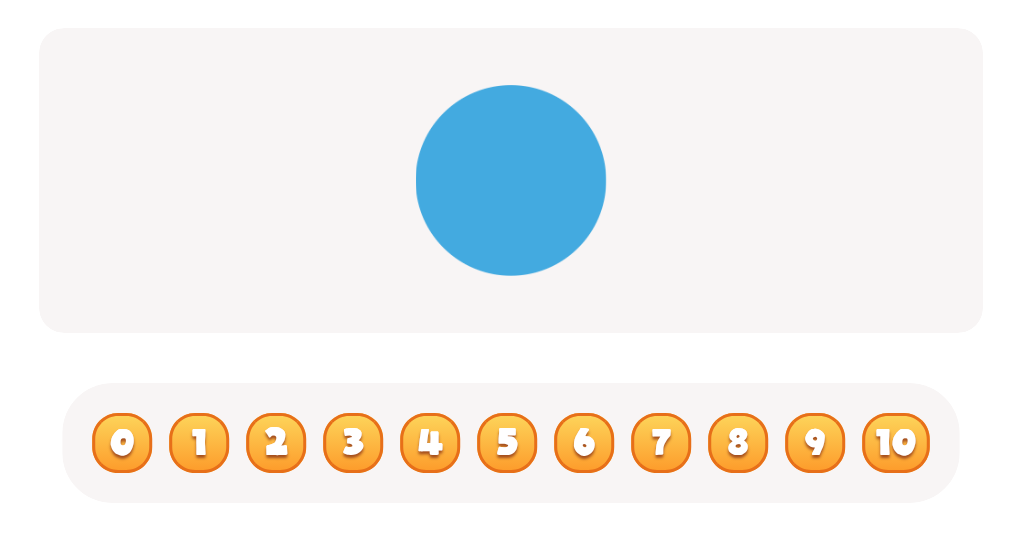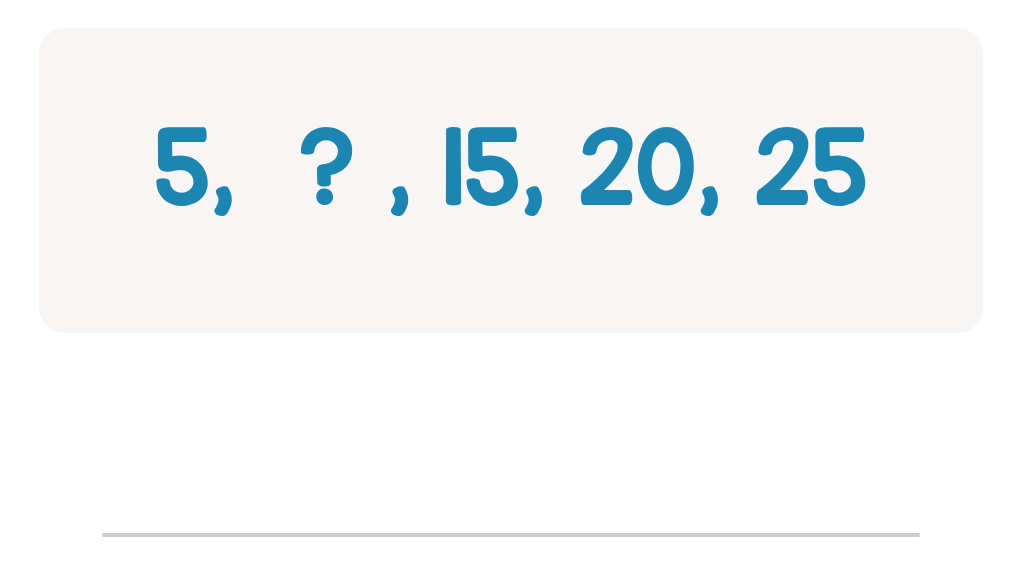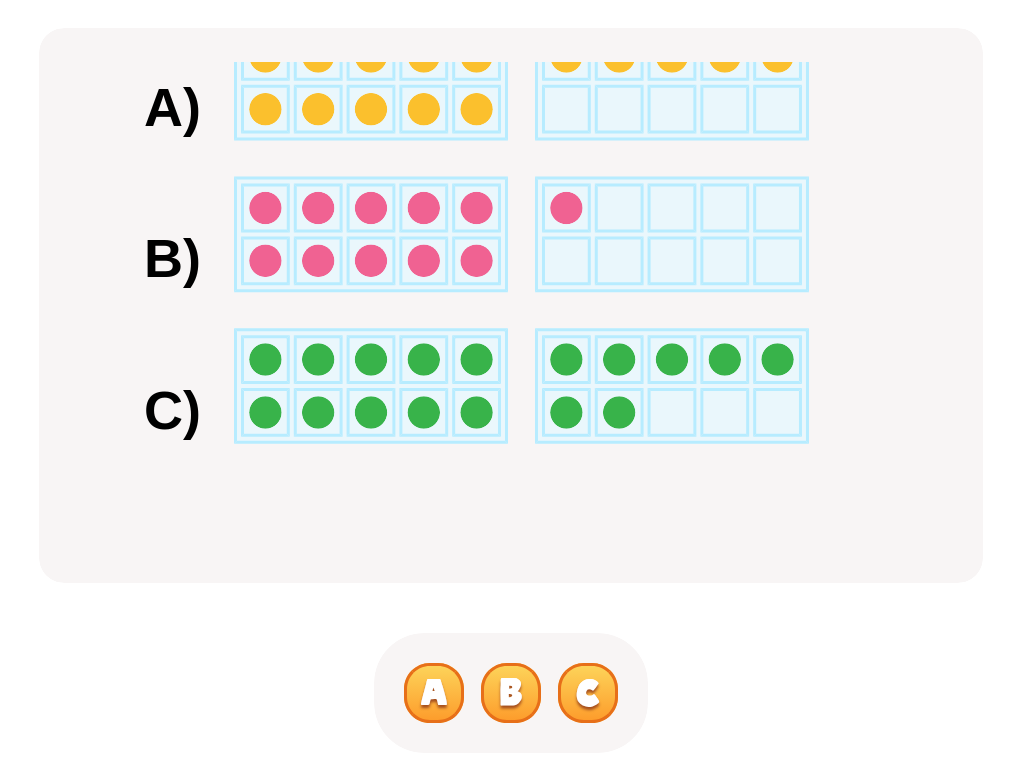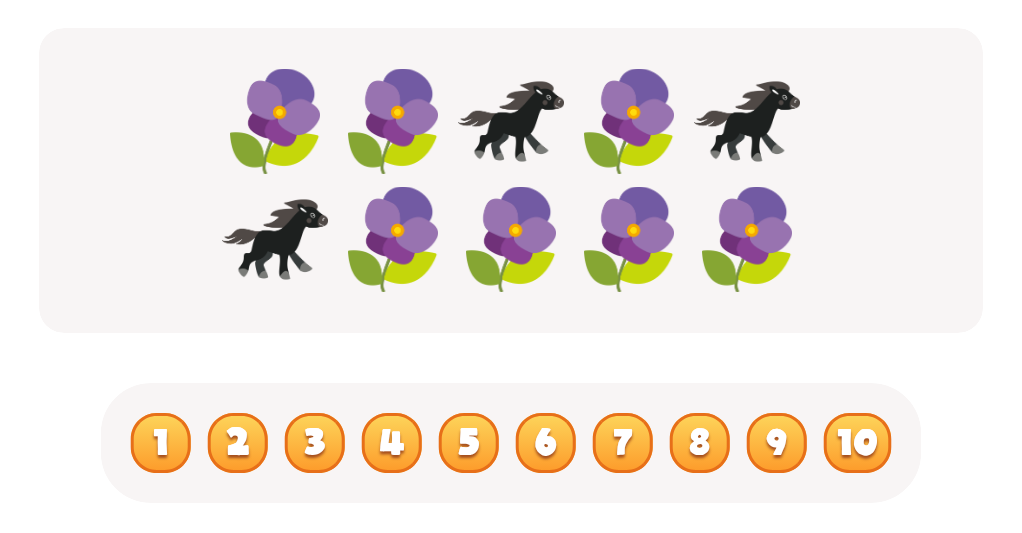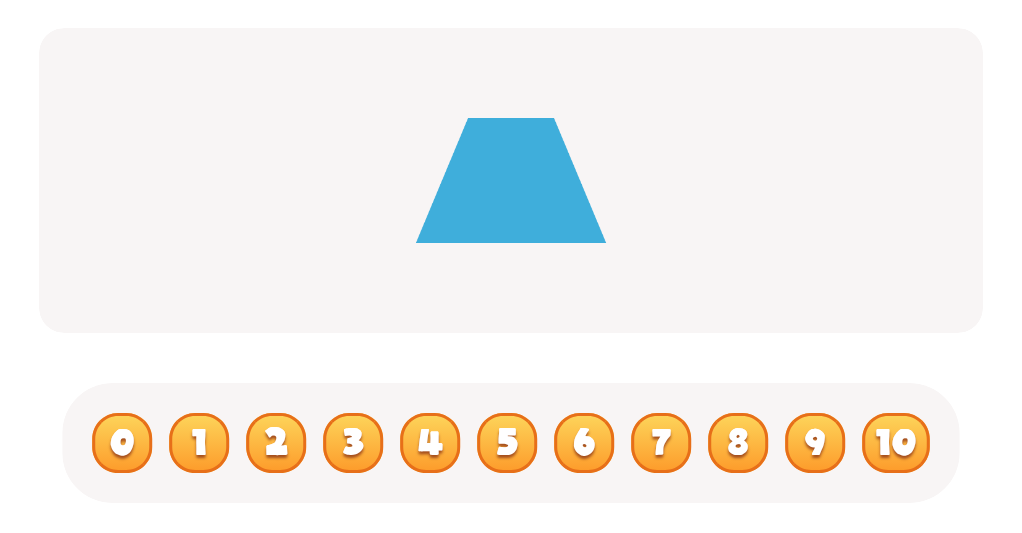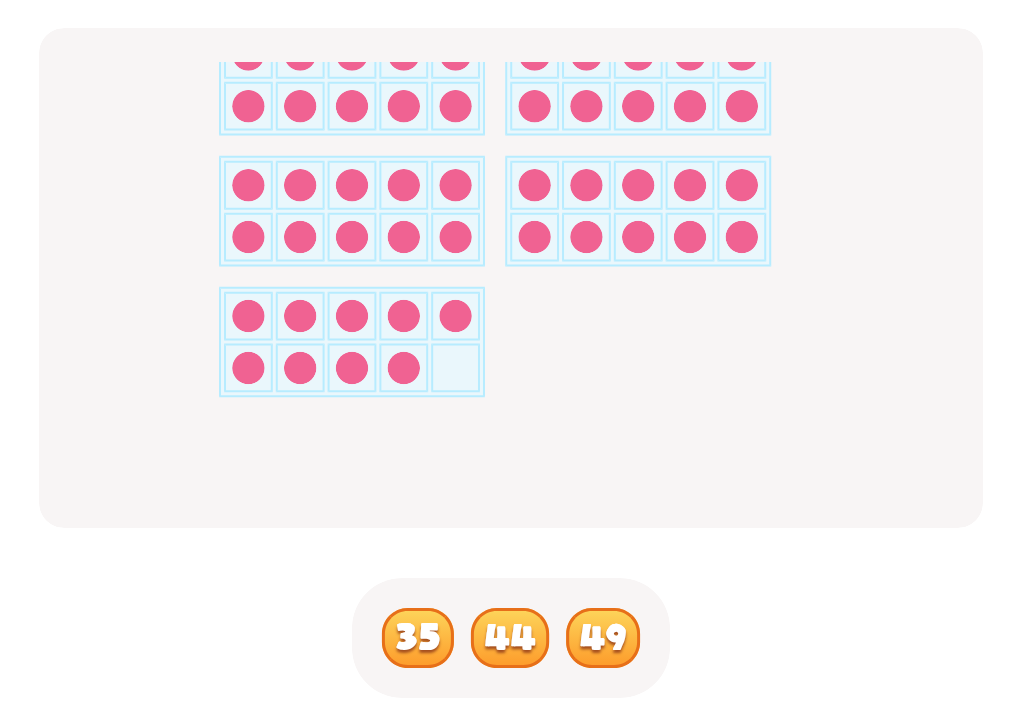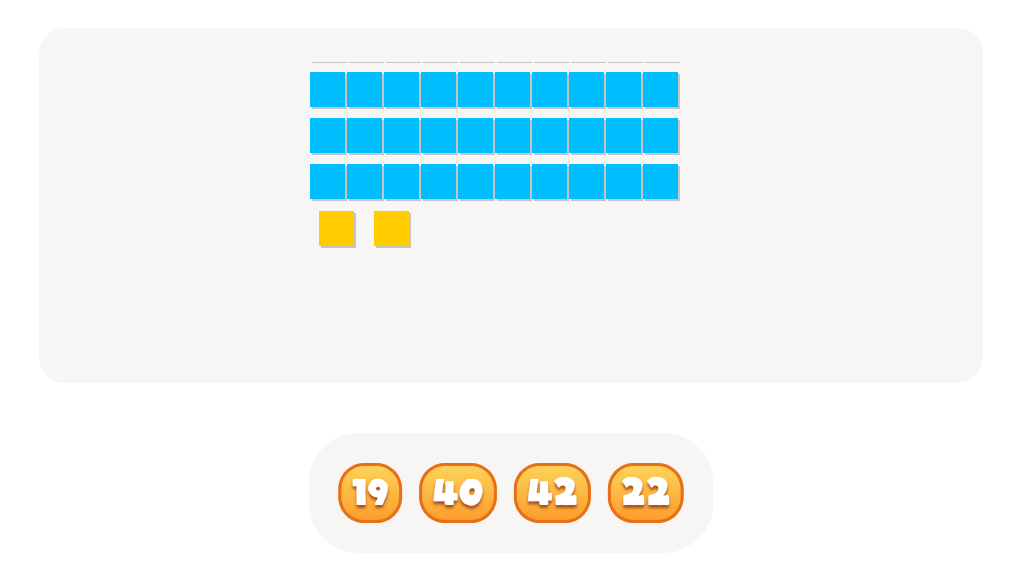Number Sequencing Normal Counting Worksheets for Ages 4-8
3 filtered results
-
From - To
Introduce your child to the world of math with our "Number Sequencing Normal Counting Worksheets for Ages 4-8". Designed to make learning fun and engaging, these worksheets help young learners build a solid foundation in number sequencing and counting. Perfect for preschool and early elementary students, each worksheet features colorful images and interactive activities to enhance recognition, order, and understanding of numbers. Ideal for both classroom and home use, our worksheets boost children's confidence and skills in a playful, educational manner. Start your child's numerical journey today with our expertly crafted resources!
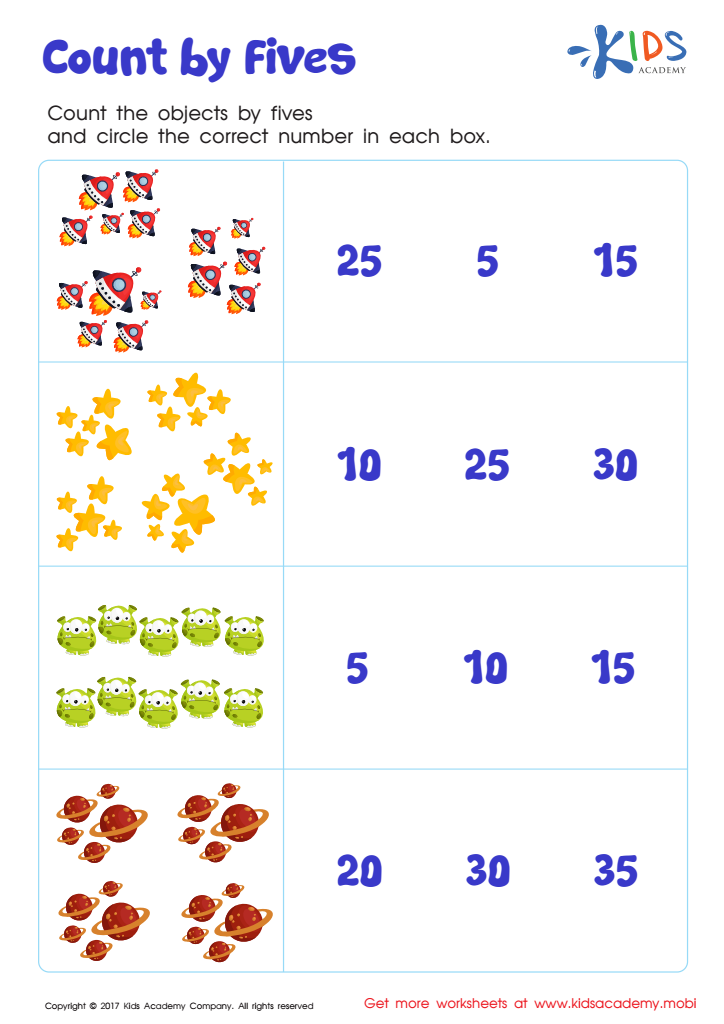

Skip Counting by 5s: Space Math Printable
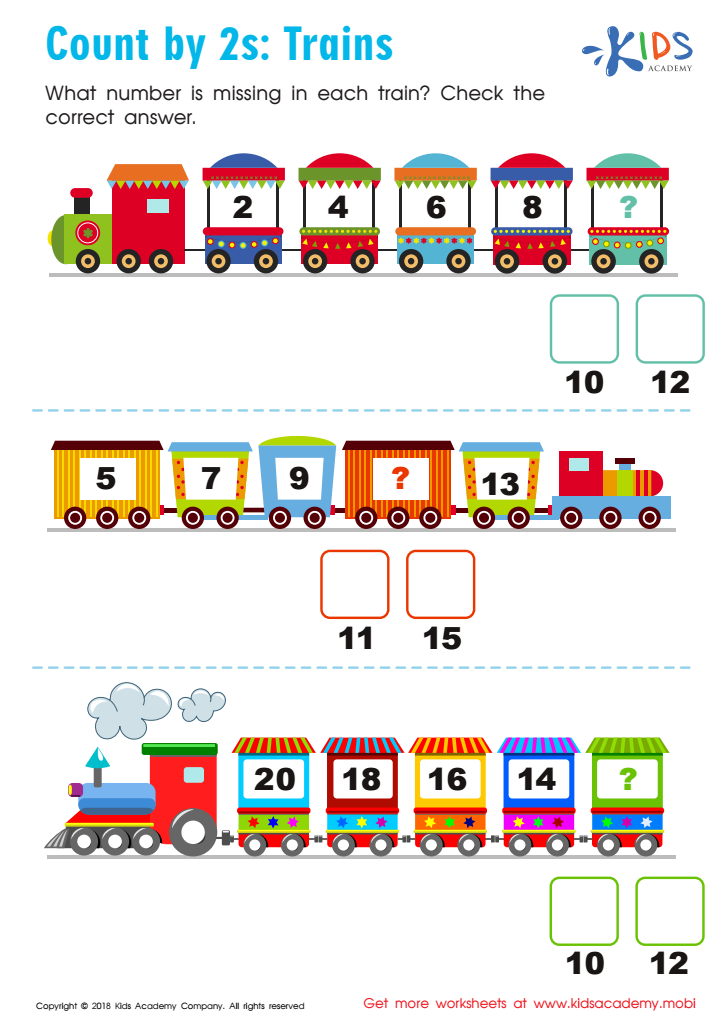

Count by 2's: Trains Worksheet


Frog Countdown Worksheet
Number sequencing and normal counting are foundational skills that play a critical role in the cognitive and mathematical development of children aged 4-8. When children learn to count in order and recognize number patterns, they build essential numeracy skills that underpin more advanced mathematical concepts. Understanding number sequences helps children grasp the idea of quantity, appreciate the relationship between numbers, and develop the ability to make predictions based on number patterns.
Fostering these skills early on also promotes logical thinking and problem-solving abilities, as children learn to compare, arrange, and classify objects based on quantity. These competencies are not only pertinent to mathematics but also enhance general cognitive abilities, influencing learning in various subjects, including science and literacy.
Additionally, number sequencing assists in developing fine motor skills and memory when children engage in counting games, songs, or hands-on activities like placing counting objects in order. These multi-sensory approaches make learning both enjoyable and effective.
Parents and teachers play a crucial role in nurturing these skills. By integrating fun, interactive counting activities into daily routines, they can foster a positive attitude towards mathematics. Investing time in these early stages creates a solid foundation that supports later academic success, making it essential for both parents and educators to focus attention on these fundamental concepts.
 Assign to My Students
Assign to My Students
